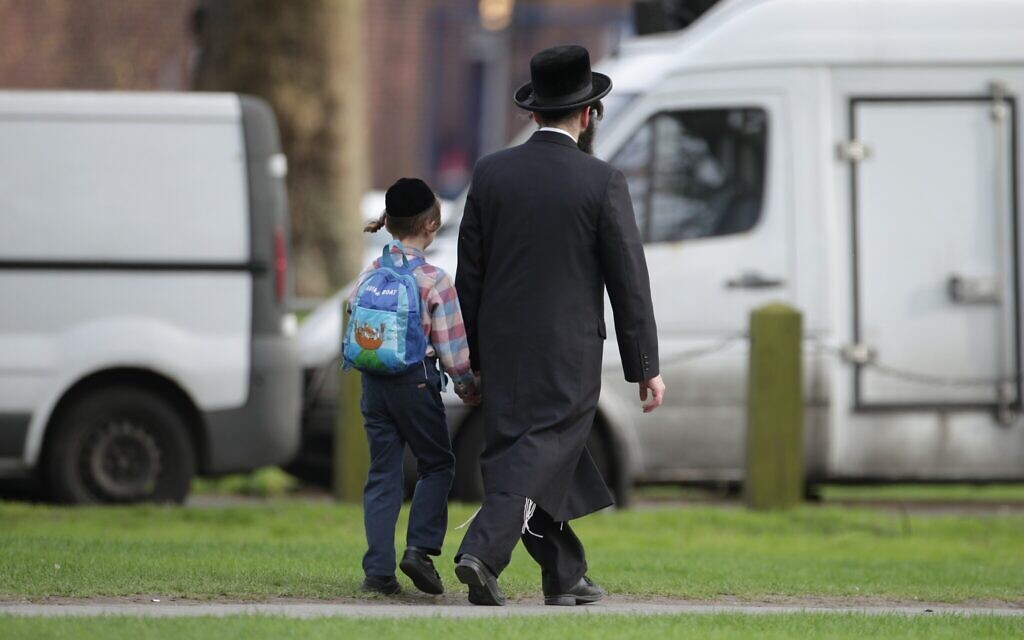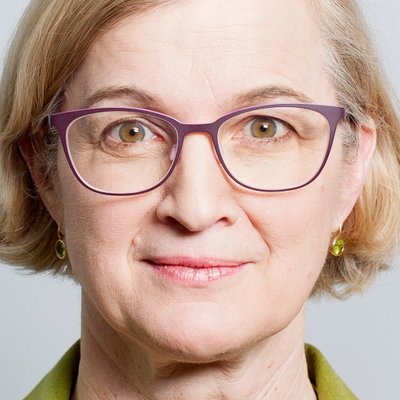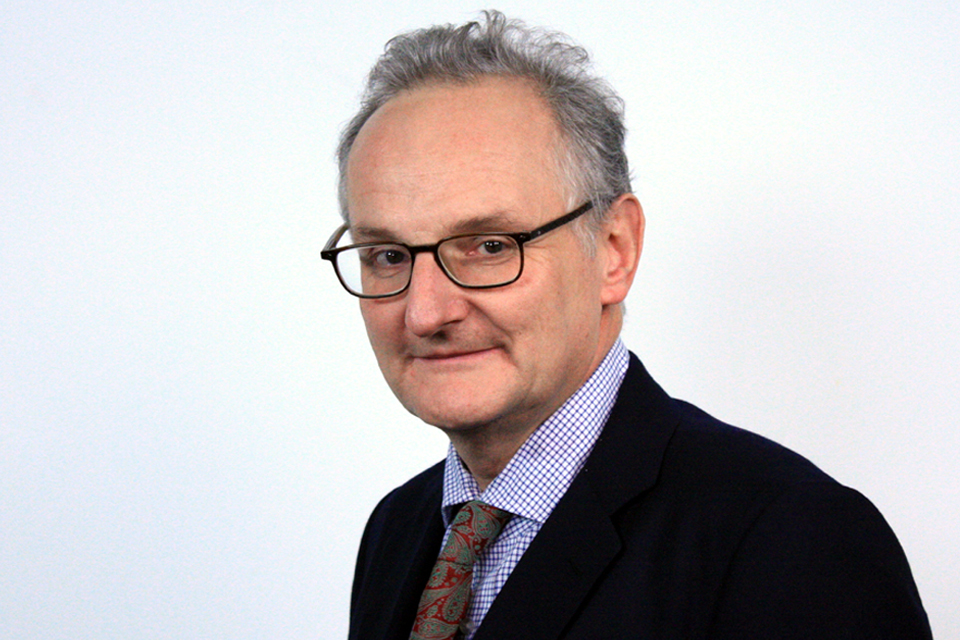REVEALED: Hackney yeshivas held council to ransom over child safety
Religious schools were only willing to meet safeguarding standards on ‘quid pro quo’ basis, shock report states.

A council’s efforts to safeguard 1,500 Jewish boys attending illegal yeshivas were “frustrated” after strictly-Orthodox leaders warned they would only co-operate on a “quid pro quo” basis.
The stunning revelation – that Charedi leaders were willing to use the safety of Jewish children as a bargaining chip – is revealed in an internal council document seen this week by Jewish News, the contents of which will shock the wider community.
The damning indictment came in an update to a landmark report from Hackney’s Children and Young People Scrutiny Commission in 2018, which revealed up to 29 illegal yeshivas are educating up to 1,500 Jewish boys.
Get The Jewish News Daily Edition by email and never miss our top stories Free Sign Up
The new update, dated 28 January 2020, shows how Orthodox leaders “acknowledge” serious safeguarding issues but still wanted the council to “exempt yeshivas from the national curriculum” in return for them agreeing to a framework to keep the boys safe.
Ofsted check safeguarding arrangements in all schools but yeshivas are not classed as ‘schools,’ meaning there are no independent external safety checks of any kind. Many are instead defined as Unregistered Educational Settings (UES).
After 34 yeshiva students almost drowned off the Kent coast in 2017 the commission sought to engage the Charedi community in plans to establish a safeguarding system, but last week it said Orthodox leaders were “unable or unwilling” to help them do so.
The commission said there had been a “positive” meeting between Charedi leaders and the independent chair of the City and Hackney Safeguarding Board Jim Gamble on 9 April 2019, before revealing their breathtaking change of heart.
“At this time [9 April 2019] those engaged were positive about the idea of potentially creating a safeguarding committee for yeshivas, chaired by the Union of Orthodox Hebrew Congregations and populated with relevant individuals,” it reported, before Gamble received an email from community leaders on 4 June outlining a change in attitude.
“This [email] reflected the ongoing position of some in the local community who, having positively engaged, have since retreated to a position whereby they say they cannot address the safeguarding concerns – which they acknowledge they acknowledge – unless they are part of a wider ‘quid pro quo’ that exempts yeshivas from the national curriculum.”
It adds that “this is outside the influence of both the safeguarding board and Hackney Council,” before suggesting that national government intervention was needed.
They cannot address the safeguarding concerns unless they are part of a wider ‘quid pro quo’ that exempts yeshivas from the national curriculum.
The public expression of “frustration” marks a sharp change in tone from just two years ago when the Council said it was “confident that the Charedi Jewish community would act in good faith on our recommendations”.
In its latest update, the Commission said “the overall vision of the strategy remains frustrated on a number of levels…No real progress has been made”.
It said there were “repeated attempts to engage community leaders to seek their cooperation to develop a safeguarding reassurance framework, however they have been unable, unwilling, or lacked the authority, to commit to the changes required.”
The Council heard that “large numbers of local children continue to attend yeshivas and therefore remain outside the line of sight of safeguarding professionals”.
The Commission added that it had even asked the police, fire service and other partners focusing on health and safety “to intervene with those running the [yeshivas] in an effort to safeguard the young people frequenting them” – but to no avail.
It added that “local proposals to strengthen safeguarding oversight have not gained traction” and that “there is slow progress in the context of collaboration”.
Asked what “local proposals” meant, a spokeswoman said this referred to “proposals to begin joint working, agreed between some members of the community and the Independent Chair of the City and Hackney Safeguarding Board [Jim Gamble]… There has been no progress on this, despite his efforts”.
In 2018, joint working was one of several Commission recommendations, alongside having all yeshiva staff DBS-checked and trained in safeguarding, publishing complaints and whistle-blowing procedures in yeshivas, and undertaking health and safety checks of the premises. None have materialised.
As a consequence, the Council said it had been “both required and encouraged to be lawfully audacious in its approach to assuring the safety of the children who attend these settings, which the council has done with limited success”.
In its report, the Commission – which is independently chaired – stressed the urgency of the situation, noting several recent and major safeguarding concerns in Orthodox Jewish communities, such as in New York in 2012 and Melbourne in 2017. The latter resulted in a Royal Commission.
Unregistered Educational Settings, which include madrassahs, are a fraught issue. Councils know where they are but say they have no legal powers to shut them down. The Government disagrees, but as recently as October last year Ofsted Chief Inspector Amanda Spielman said they fall through a legal loophole.

“We can issue a warning notice, but no one has the power to close them, neither us, nor local authorities, nor the Department for Education,” she said. “There is no general power to close something that is not registered as a school.”
The issue came to national attention when 34 Jewish boys from Hackney, who attended an unregistered yeshiva, had to be rescued by Kent Coastguard after getting into difficulties on an outing. Reports at the time suggested that they could not read the ‘Danger’ signs because they could not read English.
The Council’s subsequent investigation revealed “a complex and difficult situation in which the cultural and educational traditions of the Charedi Orthodox Jewish community are at odds with the council’s statutory duty to safeguard children”.
It added: “Whilst the parents of at least 1,000 teenage boys in Hackney send them to unregistered establishments… there are few if any safeguards in place to ensure their safety and well-being, or that they are being taught to an acceptable standard”.
Levi Shapiro of the Hackney-based Jewish Community Council, an Orthodox representative group, said: “We are in constant conversations with the leaders of all yeshivas to help them improve health and safety standards and there are constant improvements. It won’t happen overnight but everyone has good intentions.”

In Parliament this week, Education Minister Lord Agnew said a £3 million pilot scheme “will be used to inform the development of best practice on how existing legal powers, held by local authorities and other agencies, can best be used to identify and intervene in out-of-school settings of concern”.
He said work on this began in the summer of 2018 and “is due to conclude in March 2020,” adding that yeshivas and madrasas were “not captured by a single dedicated regulatory framework and, as such, are not subject to assessment or inspection”.
The Union of Orthodox Hebrew Congregations has been approached for a comment.

Thank you for helping to make Jewish News the leading source of news and opinion for the UK Jewish community. Today we're asking for your invaluable help to continue putting our community first in everything we do.
For as little as £5 a month you can help sustain the vital work we do in celebrating and standing up for Jewish life in Britain.
Jewish News holds our community together and keeps us connected. Like a synagogue, it’s where people turn to feel part of something bigger. It also proudly shows the rest of Britain the vibrancy and rich culture of modern Jewish life.
You can make a quick and easy one-off or monthly contribution of £5, £10, £20 or any other sum you’re comfortable with.
100% of your donation will help us continue celebrating our community, in all its dynamic diversity...
Engaging
Being a community platform means so much more than producing a newspaper and website. One of our proudest roles is media partnering with our invaluable charities to amplify the outstanding work they do to help us all.
Celebrating
There’s no shortage of oys in the world but Jewish News takes every opportunity to celebrate the joys too, through projects like Night of Heroes, 40 Under 40 and other compelling countdowns that make the community kvell with pride.
Pioneering
In the first collaboration between media outlets from different faiths, Jewish News worked with British Muslim TV and Church Times to produce a list of young activists leading the way on interfaith understanding.
Campaigning
Royal Mail issued a stamp honouring Holocaust hero Sir Nicholas Winton after a Jewish News campaign attracted more than 100,000 backers. Jewish Newsalso produces special editions of the paper highlighting pressing issues including mental health and Holocaust remembrance.
Easy access
In an age when news is readily accessible, Jewish News provides high-quality content free online and offline, removing any financial barriers to connecting people.
Voice of our community to wider society
The Jewish News team regularly appears on TV, radio and on the pages of the national press to comment on stories about the Jewish community. Easy access to the paper on the streets of London also means Jewish News provides an invaluable window into the community for the country at large.
We hope you agree all this is worth preserving.
- News
- Union of Orthodox Hebrew Congregations
- City and Hackney Safeguarding Board
- Unregistered Educational Settings (UES)
- Hackney’s Children and Young People Scrutiny Commission
- charedi
- Charedi education
- Charedi schools
- Kent
- Jewish Community Council
- Lord Agnew
- Levi Shapiro
- Amanda Spielman
- ofsted
- stamford hill
- Hackney
-
By Laurent Vaughan - Senior Associate (Bishop & Sewell Solicitors)
-
By Laurent Vaughan - Senior Associate (Bishop & Sewell Solicitors)
-
By Laurent Vaughan - Senior Associate (Bishop & Sewell Solicitors)
-
By Laurent Vaughan - Senior Associate (Bishop & Sewell Solicitors)





















